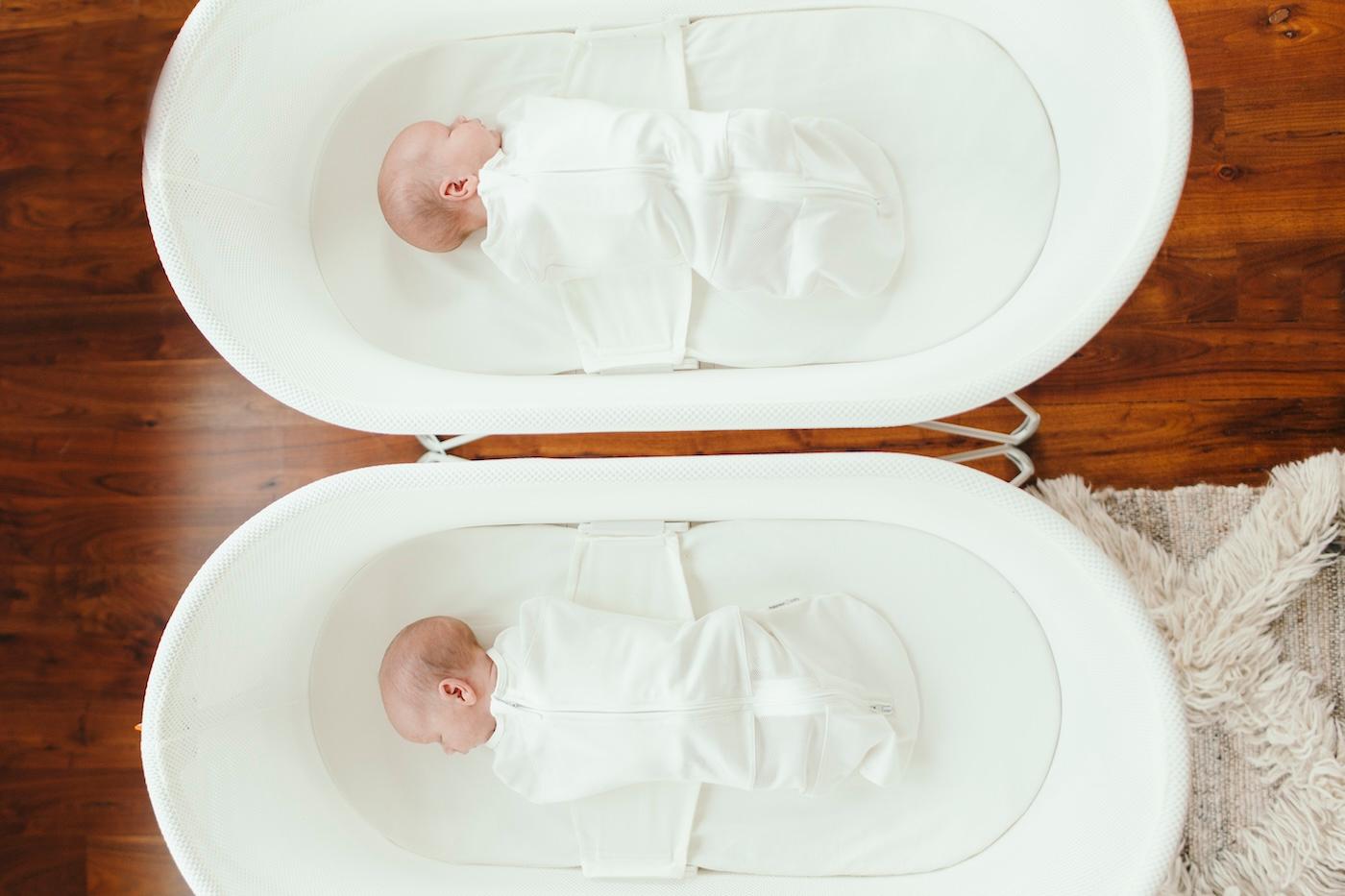PREGNANCY
20 Weeks Pregnant: You’re Halfway There!
Your baby is listening to everything you do and say!

Written by
Dr. Harvey Karp

Your Baby at 20 Weeks
Are you singing and talking to your baby? Around now, your little one’s inner ear is fully developed, and they may begin responding to sound. Research shows that babies in the womb can hear music—and when that same music is played after birth, they often quiet and seem to focus…a sign they may actually remember it.
Your baby is also practising sucking. That might sound minor, but it’s an essential skill they’ll need for survival in just a few months. Meanwhile, you’re sharing your immunity with your baby. Your cells cross the placenta into your baby’s tissue to help build up their immune system. After birth, breastfeeding continues this protection—your milk is rich in antibodies and packed with nutrients.
Size of Baby at 20 Weeks
Your baby is about the size of a banana.
20 Weeks Is How Many Months?
At 20 weeks pregnant, you’re around 4 and a half months along. You’re also halfway through your pregnancy—time to celebrate!
What to Expect at 20 Weeks
By now you’ve got a noticeable bump, you’ve met your baby on an ultrasound scan, and you can feel those little kicks. As your womb grows, it presses on your bladder. If you thought you needed the loo a lot during the first trimester…you’re only just getting started! Stock up on toilet paper, and try this trick: lean forward with your arms on your knees when you wee—this position may help you empty your bladder more fully, saving you a few extra trips.
Pregnancy can make sleep tricky. Stress, body changes, and delivery worries keep many expectant parents up at night. Add in leg cramps—sharp muscle contractions that often strike just as you’re drifting off—and sleep can feel even more elusive.
The cause of these cramps isn’t completely understood, but here are some ways to ease them:
- Stretch your calves before bed
- Take a warm bath with Epsom salts
- Stay well hydrated
- Ask your midwife or doctor about magnesium supplements (chelated forms are often absorbed best)
For more sleep strategies, see our [Pregnancy Guide to Better Sleep].
20 Weeks Pregnant Symptoms
Some common symptoms at 20 weeks include:
- Headaches
- Heartburn or indigestion
- Dizziness or faintness
- Leg cramps
- Swelling in the feet and ankles
- Your belly button beginning to pop out
20 Weeks Pregnant To-Do List
- Think about a doula: Doulas aren’t usually covered by private health insurance, so consider whether hiring one fits your budget. Popular doulas can book out months ahead, so now’s a good time to start interviews. Learn more about both birth doulas and postnatal doulas.
- Sort out life insurance and a will: It may feel very “grown-up,” but making sure your family is protected brings peace of mind. Explore different coverage types and get a few quotes to compare.
- Plan care for older children and pets: Labour is unpredictable, so decide who you can rely on to care for your kids and pets when the time comes. Share house keys and leave clear instructions in advance.
Pregnancy Lingo Lesson: What Is a Doula?
The word “doula” comes from ancient Greek for maidservant. Modern doulas continue that tradition of women supporting women through childbirth and beyond. Today, doulas are trained professionals who offer comfort, guidance, and practical support before, during, and after labour. They don’t make medical decisions or prescribe medication, but they provide emotional and physical support to parents and families. Studies show that having a doula during labour often leads to more positive birth experiences.
Pregnancy Quote of the Week
"Everything grows rounder and wider and weirder, and I sit here in the middle of it all and wonder who in the world you will turn out to be." — Carrie Fisher
Disclaimer: The information on our site is NOT medical advice for any specific person or condition. It is only meant as general information. If you have any medical questions and concerns about your child or yourself, please contact your health provider. Breastmilk is the best source of nutrition for babies. It is important that, in preparation for and during breastfeeding, mothers eat a healthy, balanced diet. Combined breast- and bottle-feeding in the first weeks of life may reduce the supply of a mother's breastmilk and reversing the decision not to breastfeed is difficult. If you do decide to use infant formula, you should follow instructions carefully.
SHARE THIS ARTICLE
PARENT PICKS
Bestsellers



















